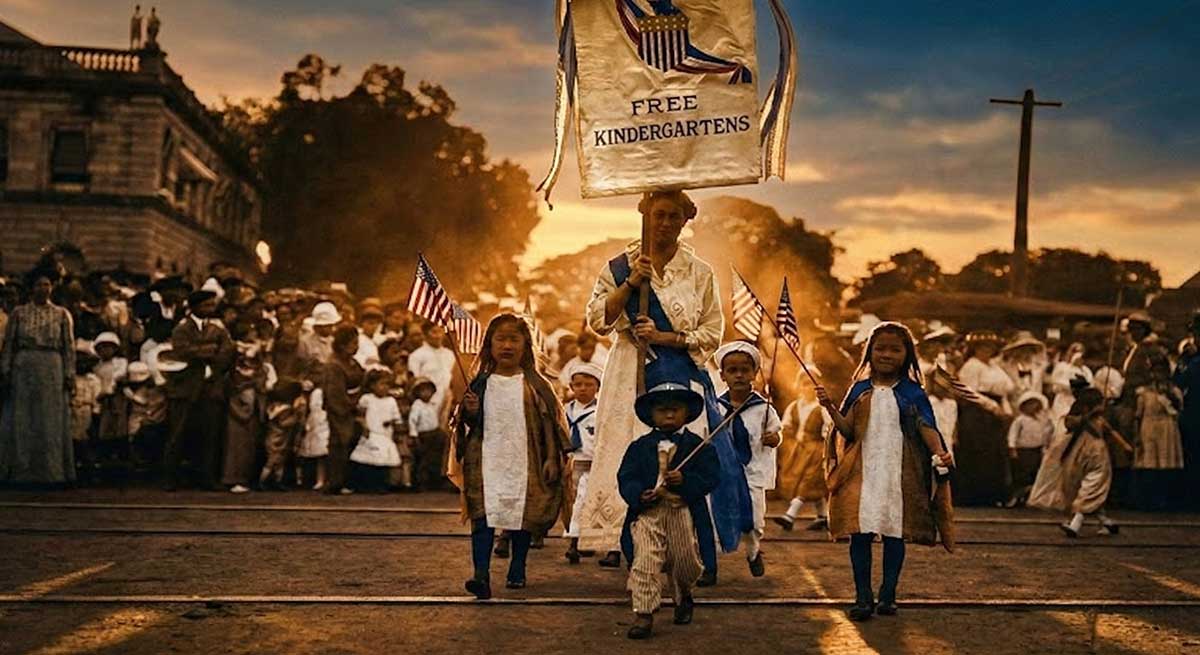
Pidgin an Education: Navigating one Complex Linguistic Landscape

The Dual Nature of Pidgin in Schools
The role of Hawaiian Pidgin in education is a subject of ongoing debate in Hawaiʻi, reflecting a complex relationship between language, culture, and academic success. For many local students, Pidgin is the lens through which they first experience the world. While advocates push for its recognition and inclusion in schools, others raise concerns about its impact on traditional literacy and academic achievement. This debate highlights the daily challenges faced by students navigating a public school system where Pidgin is deeply intertwined with instruction, yet Standard English remains the official benchmark.
Cultural Identity vs. Academic Standards
A primary argument for incorporating Pidgin into education is its immense cultural significance. For countless students, Pidgin is their first language, inextricably linked to their identity, family, and community. Recognizing and valuing Pidgin in the classroom creates a more inclusive learning environment that fosters a vital sense of belonging. However, tension persists regarding academic achievement. Standard English remains the dominant language of instruction, standardized testing, and assessment. Students who primarily speak Pidgin often face distinct challenges in acquiring the necessary skills to succeed in a curriculum heavily skewed toward Standard English.

The Classroom Reality: When Instruction is in Pidgin
The presence of Pidgin in the classroom creates unique practical challenges, particularly when it is the primary dialect used by educators. Subjects like science and foreign languages, which require precise pronunciation and specialized vocabulary, can become difficult to grasp. Learning the exact vocabulary of chemistry, the mechanical terms in an auto shop, or the pronunciation rules of Spanish can be severely hindered when the teacher utilizes Pidgin syntax and intonation. This blending of language codes can lead to confusion and complicate a student's ability to fully comprehend complex academic concepts.

Dismantling the Intelligence Stigma
Unfortunately, this linguistic friction often perpetuates the harmful stereotype that Pidgin speakers are less intelligent. Students who struggle to navigate the divide between Pidgin and Standard English are sometimes unfairly labeled as lacking academic ability. In reality, they are simply grappling with the cognitive demands of a multilingual environment. Pidgin itself is not a constraint on intelligence or potential. Pidgin speakers possess a rich linguistic heritage, and their ability to continuously code-switch between Pidgin and Standard English demonstrates remarkable cognitive flexibility rather than an educational deficit.

The Path Forward: Dual-Language Support
Thankfully, various programs and initiatives are actively working to promote Pidgin language and literacy without sacrificing Standard English proficiency. Organizations like the University of Hawaiʻi's Hawaiʻi Creole Language Archive and educational resources like Da Pidgin Dictionary are helping to preserve and celebrate Pidgin as a legitimate, highly structured language. They provide vital resources to support Pidgin speakers throughout their educational journey. Ultimately, the debate over Pidgin's role reflects broader challenges of language and identity in a multicultural society. By embracing Pidgin's cultural significance while actively addressing the linguistic barriers it presents, educators can empower students to achieve their full potential, equipping them to thrive in a Standard English-dominated world without erasing their mother tongue.
Original archival photos courtesy of the Library of Congress. Colorized and enhanced.
